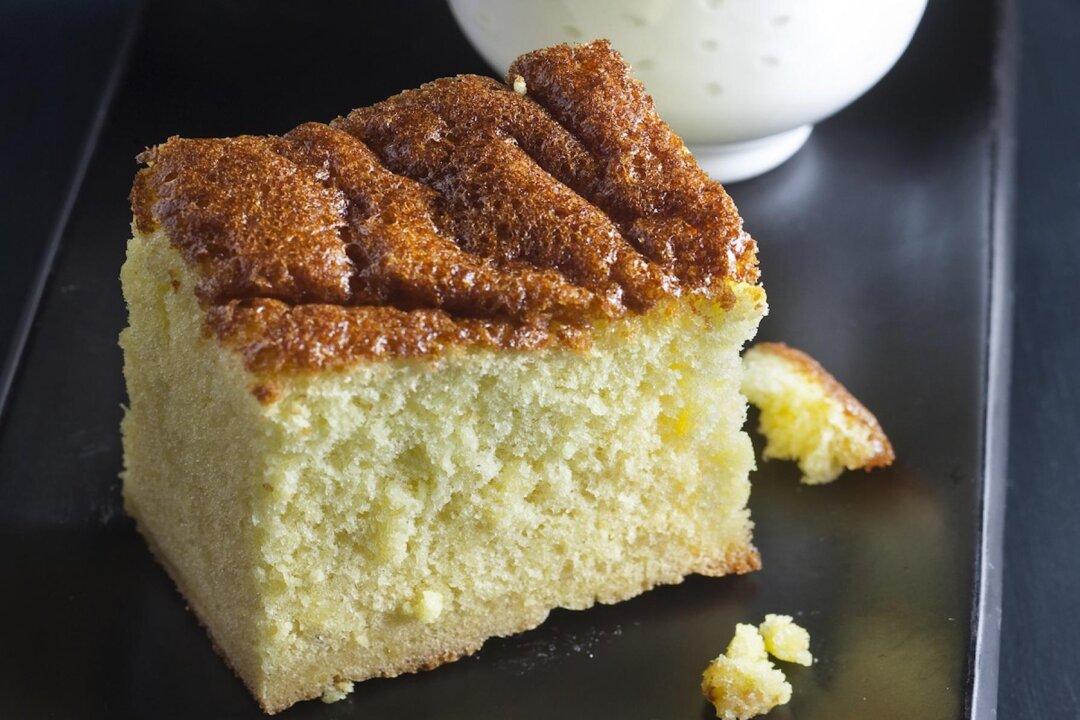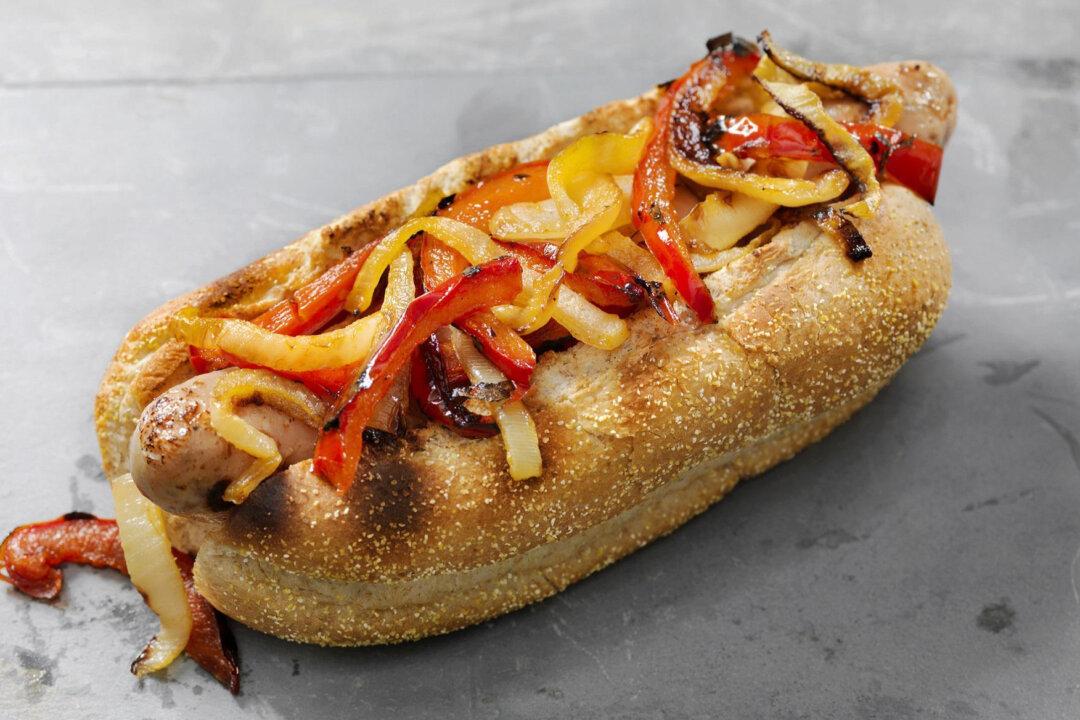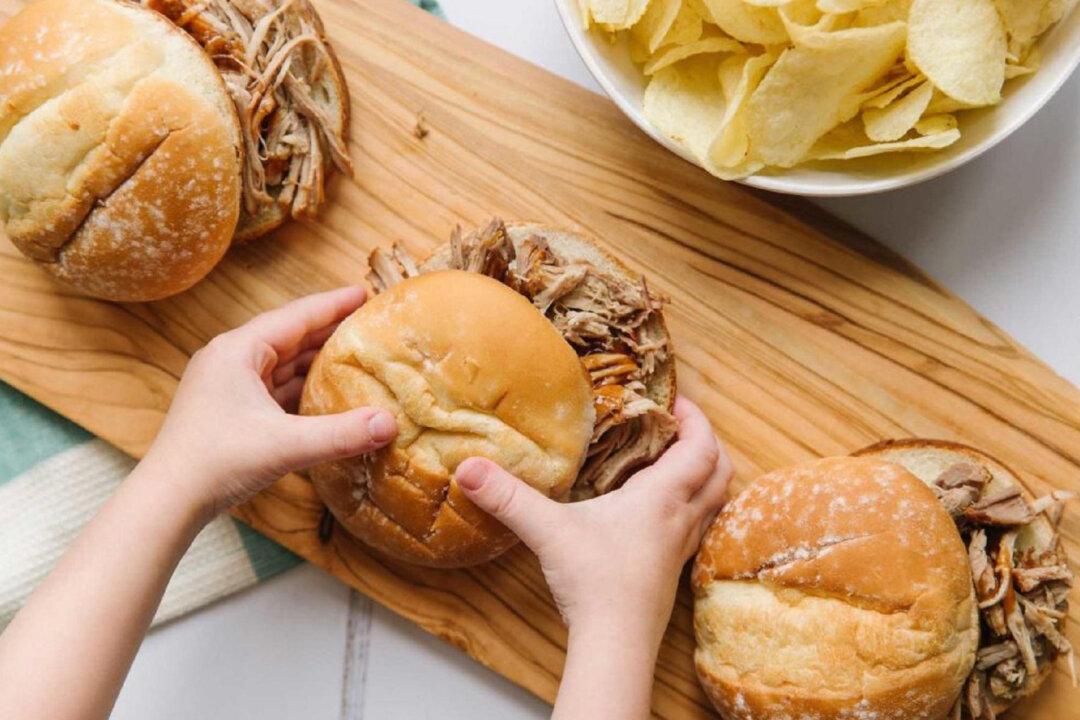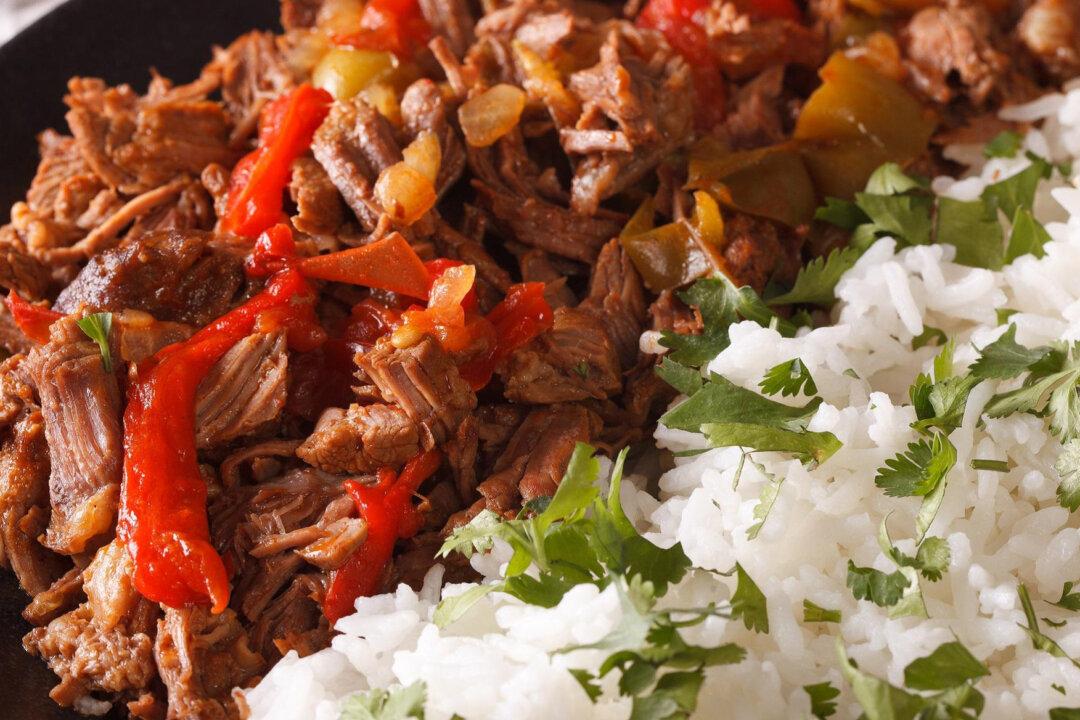If your favorite part of cake is the sponge instead of the icing (yes, those people exist) then castella cake is the dessert for you. A popular confection in Japan, castella is a honey sponge cake that’s made by pouring batter into rectangular or square molds and baking it to perfection before cutting it into long rectangles.
The light, fluffy cake originated in Portugal but it made its way to Japan because of its long shelf life. It became a common food for sailors who were out at sea for months at a time. Traditionally, the cake is made with common pantry items like milk, eggs, sugar, flour and honey. Today, many versions of the dessert exist; castella can be flavored with chocolate, powdered green tea and brown sugar.





